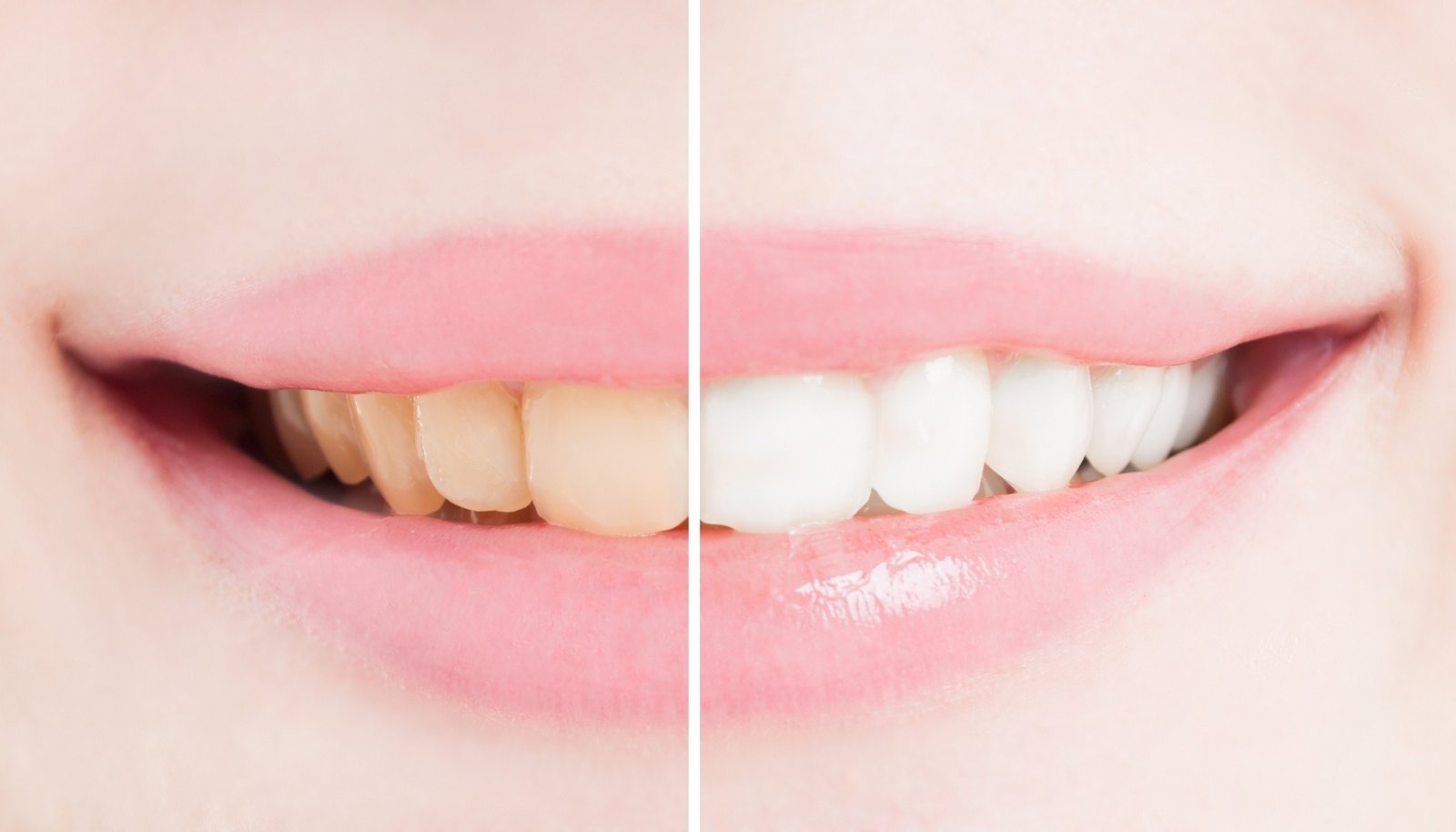
Rosmarinus officinalis oil contains high concentrations of bioactive compounds such as 1,8-cineole (eucalyptol), α-pinene, camphor, borneol, and verbenone. These components confer anti-inflammatory, analgesic, antimicrobial, and antioxidant properties. In particular, 1,8-cineole may reduce inflammatory responses in the skin by inhibiting the release of histamine, which is known to cause itching.
Itching often occurs due to the activation of mast cells. Histamine released from these cells stimulates nerve endings, generating the sensation of itch. Rosemary oil, when applied topically, can suppress signal transmission at peripheral nerve endings, thereby reducing histamine-induced itching. It also strengthens the epidermal barrier function, protecting the skin against irritants.
Several in vitro and in vivo studies have reported that formulations containing rosemary oil provide positive effects on itchiness caused by atopic dermatitis, contact dermatitis, and dry skin. In particular, topical applications of rosemary oil have been shown to suppress epidermal inflammation and offer symptomatic relief.
Rosemary oil should not be used undiluted. It must be diluted to a 2% concentration using a carrier oil such as jojoba or coconut oil. It should first be tested on a small area of the skin, especially in individuals with sensitive skin. Long-term use may lead to a sensitization risk, so caution is advised.
Rosemary oil may be used as a supportive remedy for itching caused by dryness, eczema, and mild allergic reactions. However, it should not be applied to open wounds or used in cases of severe dermatological conditions without consulting a physician.
It can be applied topically 1–2 times per day in diluted form. For prolonged use, it is recommended to take breaks several days a week to prevent skin irritation.
Some individuals may experience allergic contact dermatitis. Caution is advised in pregnant women, individuals with epilepsy, or those with a history of hypertension.
Rosmarinus officinalis oil, due to its bioactive compounds, can offer complementary support for managing itching. However, the controlled and informed use of such essential oils is crucial to maximizing their potential benefits. Rosemary oil stands out as a reliable natural adjunct that bridges traditional knowledge and modern dermatological science.





